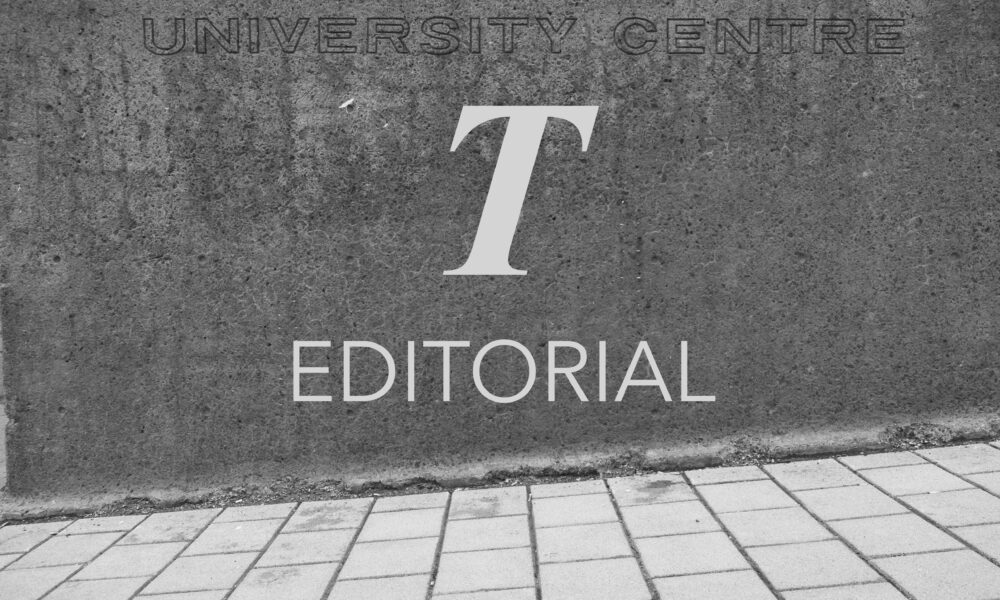On Mar. 11, the Students’ Society of McGill University (SSMU) opened voting for their Winter 2024 referendum and 2024 Executive Elections. Three candidates ran unopposed for the vice president (VP) positions of Sustainability and Operations, University Affairs, and Internal, and two outstanding vacancies mark this semester’s ballot: SSMU President and VP Finance. Elections SSMU announced on Mar. 15 that only seven per cent of SSMU members, fewer than half of the votes required to reach the quorum of 15 per cent minimum participation, voted in the first four days—one third of the entire voting period. This lack of engagement is concerning, especially when this referendum will determine whether essential student organizations like the Black Students’ Network, Arab Students’ Network, WALKSAFE, and Queer Equity Support receive necessary fee increases. Moreover, with the Legal Clinic at McGill on the ballot for a fee renewal, the existence of its services is at stake. Overall, McGill students’ apathy toward and lack of trust of SSMU threaten the existence of the already-weakening student union and undermine its vital function of providing student services and platforming students’ voices. To improve its relationship with the student body, SSMU must increase transparency and make significant efforts to productively and visibly engage with SSMU members.
SSMU serves an essential role: It advocates for student causes, facilitates necessary services, and governs student life. As McGill repeatedly fails to properly address student needs, SSMU often steps in to provide important services such as the Menstrual Health Project, Grocery Program, and Health and Dental Plan. SSMU also supports vital initiatives for student rights and against sexual violence. Moreover, executives and student senators are the only student voices on the McGill Senate and the SSMU President sits on the Board of Governors, an appointment-based council with the highest authority over university affairs and McGill’s finances, including the University’s endowment. The Students’ Society also plays a key role in independent activism, tackling food and housing insecurity and racial justice. This year, SSMU employees have accomplished important work with the Concordia Student Union, mobilizing necessary student demonstrations against Quebec’s tuition hikes.
McGill students’ longstanding scepticism toward SSMU continues to grow and the organization restricts its own function by failing to address students’ lack of participation. SSMU’s general assemblies struggle to reach quorum, and only a fraction of students vote in elections. Eighty per cent of voters rejected the SSMU base fee increase while 78.7 per cent of voters supported the Policy Against Genocide in Palestine, indicating that SSMU engagement emerges from students’ dedication to social justice causes and successful campaigning from student activists.
Students’ hesitancy to participate in our democracy stems from structural issues at SSMU. Budget constraints and vacant positions force SSMU executives and employees to take on extra work, which only increases in situations such as this year’s VP Finance resigning before the Fall semester started. Lawsuits against SSMU redirect its funds from student services to legal fees and compel students to question whether the organization is properly addressing their legal issues. In November, when B’nai Brith backed a McGill student’s attack on the Policy Against Genocide in Palestine in provincial court and delayed its ratification, students protested the lack of transparency and accountability in the SSMU executives’ handling of the legal injunction. SSMU’s opacity remains a clear obstacle. Although executives are bound to confidentiality in many legal and financial proceedings, SSMU consistently fails to keep students informed on what goes on in their executive meetings.
While McGill fights the teaching assistants, and law and education professors in their attempts to organize and negotiate liveable wages and working conditions, SSMU must build structural improvements to better represent and support its members. Encouraging multiple students to run for every position is a necessary step in building a stronger democracy. When SSMU does so and continues organizing and standing for student democracy, even against threats from the McGill administration, it will regain students’ trust. Students also must continue using the levers of SSMU’s democracy and keep raising their concerns through elections, at meetings, and during demonstrations.









